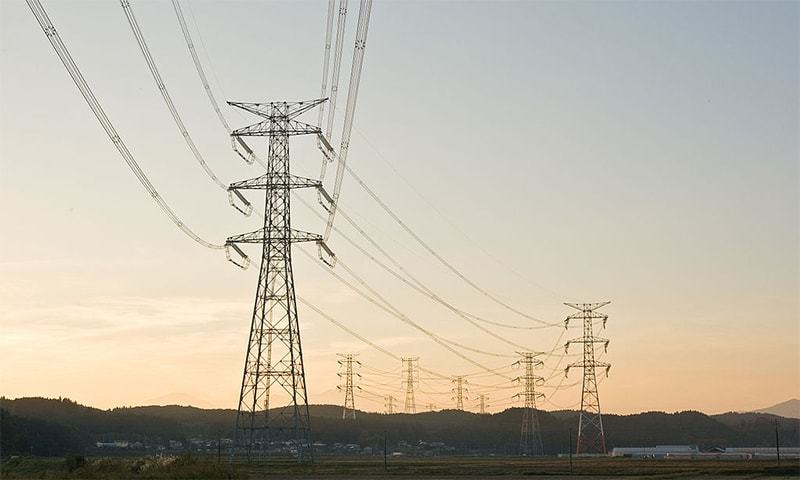ISLAMABAD: Facing a capacity trap, the government plans to introduce a relatively cheaper flat rate for electricity consumers in winter months to encourage higher power consumption.
The move comes amid declining electricity consumption as ‘peak hours’ in summer turn into ‘lean hours’ in winter and power companies are unable to utilise the fuel the government orders for running power plants. As a result, consumers suffer the double whammy of making capacity payments to the plants without actually consuming electricity and gas pipelines face the risk of exploding due to extreme line-pack pressure.
This is a repeat of the move of late 1990s when the government had started promoting higher consumption as it had surplus power. Barring these exceptions, the government and its companies have been promoting the slogan of “save electricity, for yourself and for the country”.
Power Secretary Irfan Ali told the Senate Standing Committee on Power that the government would introduce a flat tariff scheme in November under which supply of cheaper power would be offered to consumers.
He said the Ministry of Energy (power division) was working on the scheme that would be finalised during the current month. The scheme would be launched by November, he said. “Looking at our revenue requirements, the government will introduce uniform rates in winter.”
Currently, the government is applying two different rates for peak and off-peak hours which increase the end-tariff for consumers. For example, a normal rate for consumption of over 300 units per month is around Rs10 per unit, which goes beyond Rs18 per unit for peak hours (normally 6pm to 10pm or 7pm to 11pm).
During summer, people usually consume more electricity in peak hours than off-peak hours because of maximum commercial activities and use of other electric equipment like air conditioners. However, now the government will abolish peak and off-peak rules and apply a flat rate throughout the day which will reduce the rate of electricity for consumers.
The power secretary said the total circular debt currently stood at about Rs1,200bn and no more investment could be materialised unless this debt was reduced. He said that currently 35,000MW electricity was available in the system and some more projects were coming online, but the consumption in winter sometimes came down to about 5,000MW.
Mr Ali informed the Senate committee that there was no loadshedding on around 100 feeders of the Sukkur Electric Power Company as there was no theft. He said Ariel Bundle Cables (ABC) had been installed at some locations to control theft and leakage and by December theft would be eradicated on another 150 feeders.
Senator Moula Bakhsh Chandio decried power outages in Hyderabad and said the daytime loadshedding was playing havoc with the business. He said loadshedding had made the lives of the residents of Hyderabad hell. “Why are you applying Martial Law-like rules in Hyderabad?” he asked.
The committee was informed by the power secretary that enough progress had been made on the solar plant in Sanjwal, but there were some problems related to wheeling which required an amendment to the Nepra act and was currently under process.
The committee was informed that line losses of Pesco were much higher than the limit allowed by Nepra. The power secretary said these losses were being transferred to consumers and they were paying for it.
Published in Dawn, October 9th, 2019














































